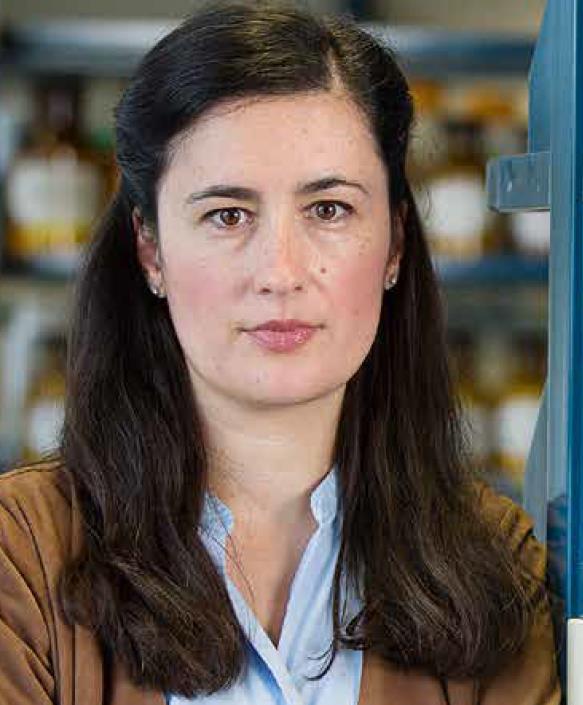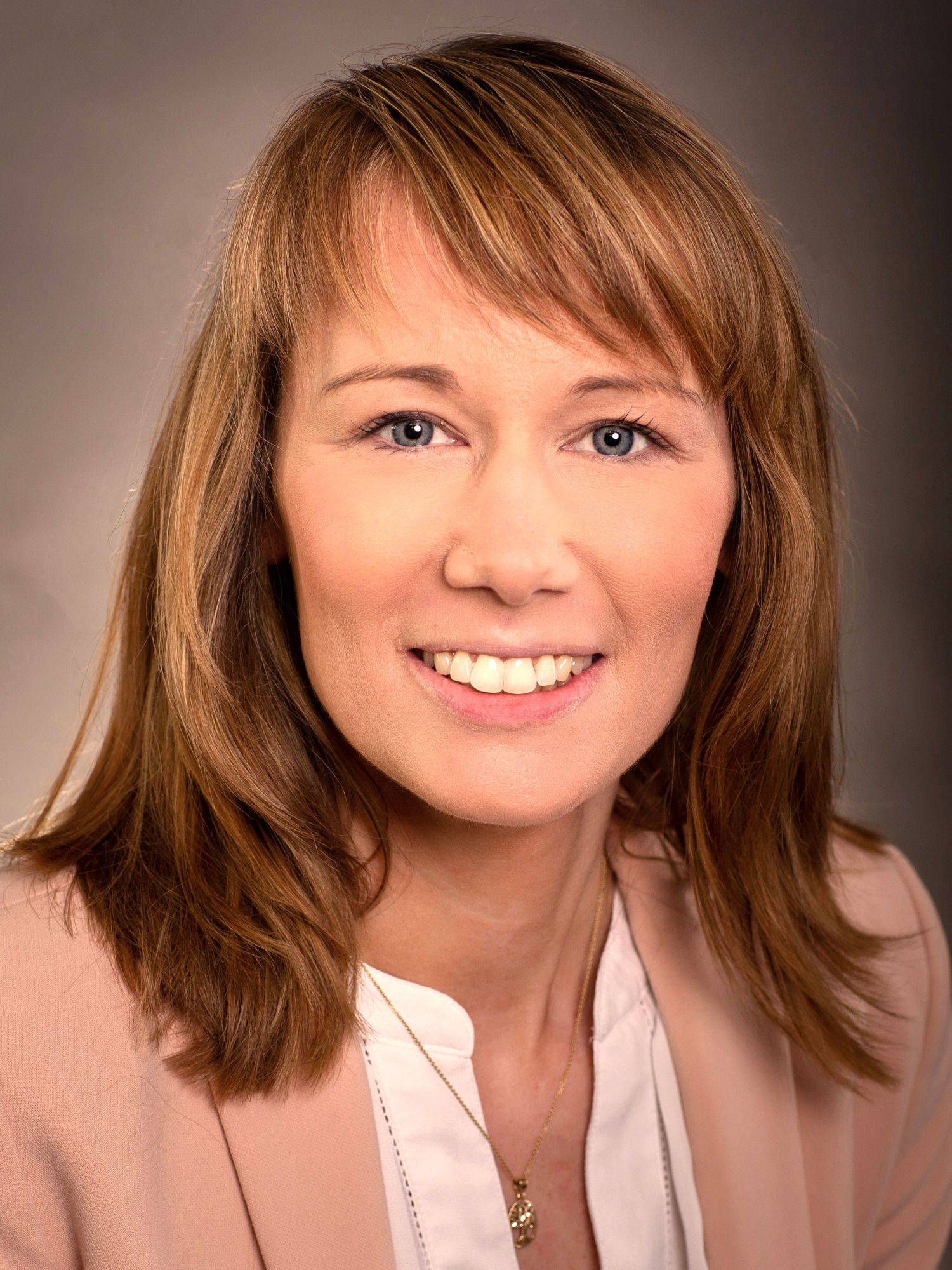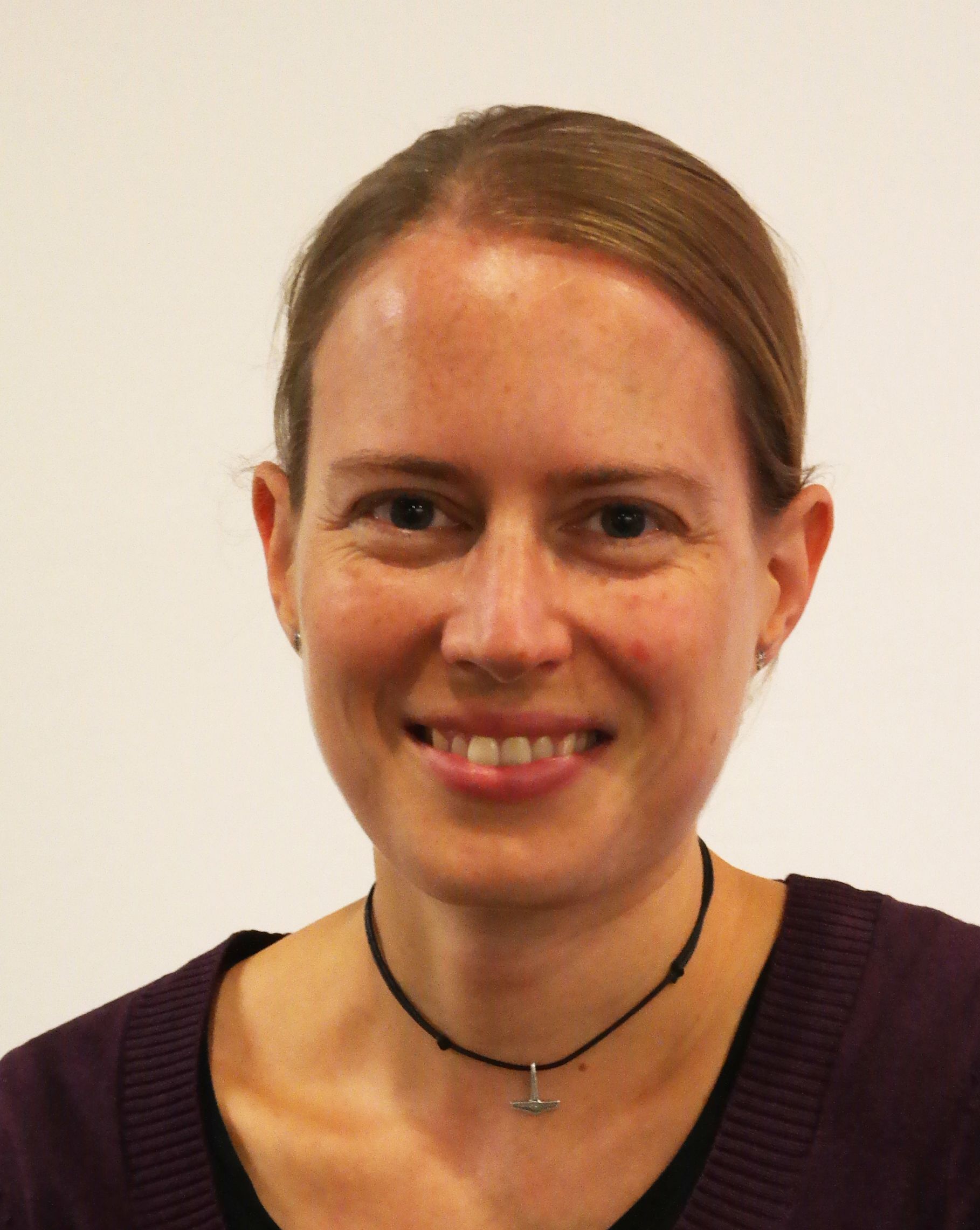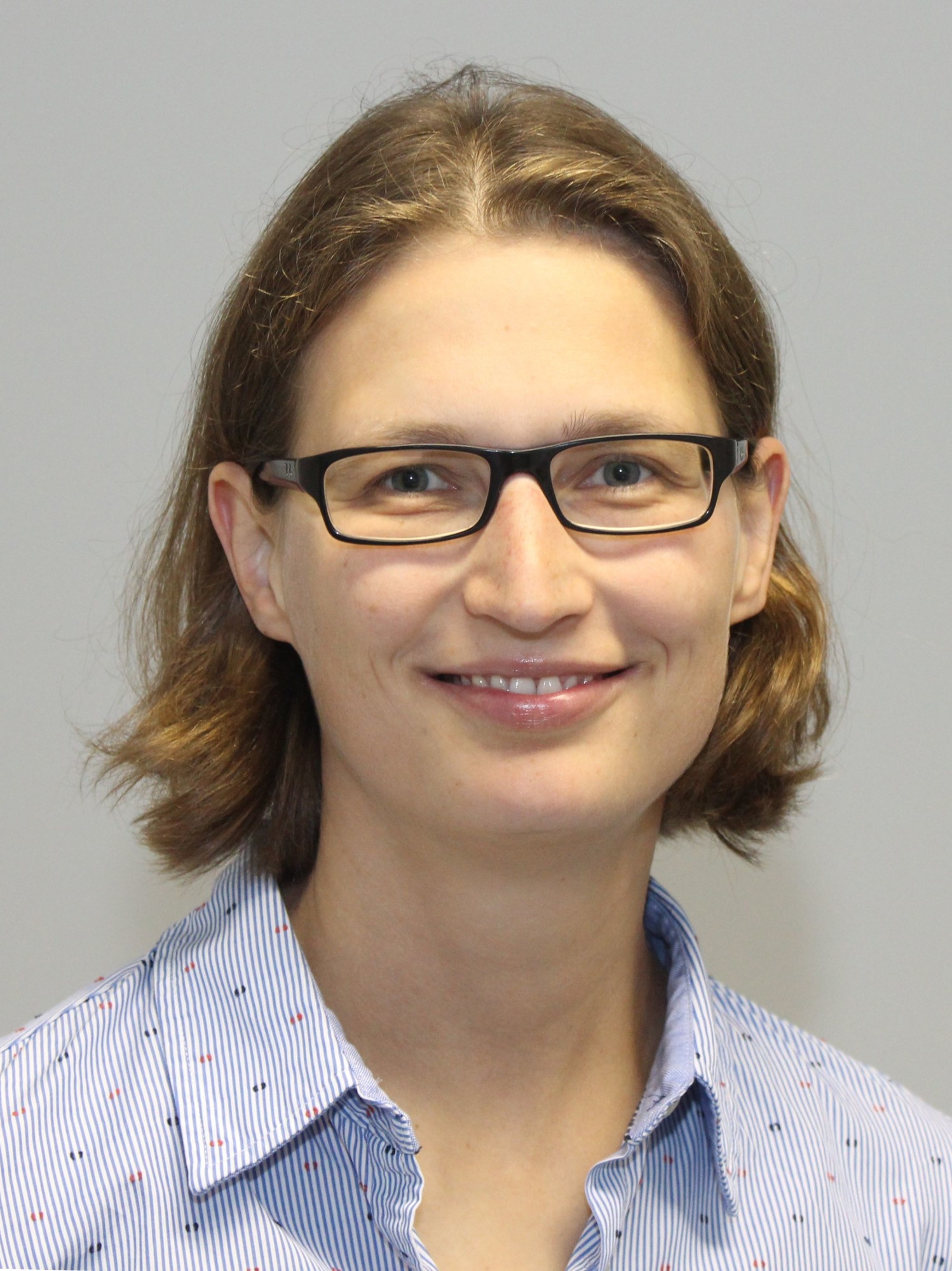Alumni
Thank you very much for being part of the GRK 2162!
PIs
Prof. Kristina Friedland
Department of Chemistry and Pharmacy
Professorship of Molecular and Clinical Pharmacy
- Phone number: +49 9131 85-22597
- Email: kristina.leuner@fau.de
- Website: http://klinmolpharm.nat.uni-erlangen.de
2005 PhD in Pharmacology, Goethe University Frankfurt
2005 Postdoctoral Fellow, Pharmacology, Goethe University Frankfurt and Department of Neurobiology, University of Alabama, Birmingham/USA
2011 Professor, FAU Erlangen-Nürnberg
2017 Professor, Pharmacology & Toxicology, Johannes Gutenberg University Mainz
Research focus
Research in my group aims to understand the pathophysiology of neuropsychiatric diseases e.g. mood disorders and Alzheimer disease with a focus on ion channels and mitochondria. In addition, we aim to develop new pharmacological therapies for these diseases.
Project
Interaction of ASM/ceramide system and TRPC6 channels and its role in plasticity and depression-like behavior
Prof. Stefanie Kürten
Institute of Anatomy and Cell Biology
Director
- Phone number: +49913185-22264
- Email: stefanie.kuerten@fau.de
- Website: https://www.anatomie1.med.fau.de/mitarbeiter/stefanie-kuerten
2008 MD, University of Cologne and Case Western Reserve University, OH, USA
2011 Habilitation in Anatomy and Cell Biology, University of Cologne
2013 W2 professor at the Institute of Anatomy and Cell Biology, University of Würzburg
2015 Visiting professor at the Department of Neurology and Neurol. Sciences, Stanford School of Medicine, USA
2011 W3 professor and director at the Institute of Anatomy and Cell Biology, Friedrich-Alexander Universität Erlangen-Nürnberg
Research focus
Multiple sclerosis (MS) is an autoimmune disorder of the central nervous system (CNS) and the most frequent neurological disease in young adults, leading to irreversible clinical deficits and premature retirement. On the one hand, my group focuses on the contribution of B cells and autoantibodies to the immunopathology of MS. Next to understanding the mechanisms of B cell-driven disease, we aim to develop novel therapeutic options and biomarkers for patients with MS. On the other hand, we are concerned with developing strategies to promote neuroregeneration and remyelination in the CNS.
Project
Induction of CNS remyelination by modulation of the crosstalk between astrocytes and the oligodendrocyte lineage
Prof. Ralf Linker
Department of Neurology
Chair of Neurology
1999 MD, University of Freiburg (Breisgau)
2007 Specialization in Neurology at the University Hospitals in Würzburg, Göttingen and Bochum
2008 Head of the Neuroimmunology Laboratory, Department of Neurology, FAU Erlangen-Nürnberg
2010 Head of the Neuroimmunology Section, Department of Neurology, FAU Erlangen-Nürnberg
2013 Professor for Neuroimmunology, FAU Erlangen-Nürnberg
2018 Chair of Neurology, University Hospital Regensburg
Research focus
My continuing scientific interests include neurodegeneration and neuroprotection as well as glial cells in MS, and mechanisms of action of new immunotherapies.
Project
Role of the transcription factors Sox8 and Sox10 in susceptibility and repair in demyelinating diseases
PD Dr. Hanna Regus-Leidig
Department of Biology
Chair of Animal Physiology
- Phone number: +49 9131 85-28329
- Email: hanna.regus-leidig@fau.de
- Website: http://www.tierphys.nat.uni-erlangen.de/staff/regus-leidig.shtml
2008 PhD, Max Planck Institute for Brain Research, Frankfurt/Main, and FAU Erlangen-Nürnberg
2008 University Assistant, Department of Biology, FAU Erlangen-Nürnberg
2014 Habilitation in Zoology, FAU Erlangen-Nürnberg
2014 Group Leader, Department of Biology, FAU Erlangen-Nürnberg
2018 HTA Writing Expert, Novartis, Nürnberg
Former research focus
The research of the Brandstätter and Regus-Leidig group focuses on molecules and mechanisms that play a role in the development and the structural and functional organization of chemical synapses in the CNS with a special focus on the retina. In our experimental approach, we combine methods ranging from immunocytochemistry and light- and electron microscopical imaging to biochemistry, cell and molecular biology, and electrophysiology.
As synaptophathies = malfunctioning synapses are a reason for many neurodegenerative diseases and neurological disorders, the aim of our research is to contribute to a better understanding of synapse function in health and disease.
Former project
Examining the synaptogenesis and synapse maintenance factor Bassoon as a putative factor for the differential sensitivity of photoreceptors to late-onset degeneration
Prof. Dr. Christiane Zweier
Institute of Human Genetics
Chair of Human Genetics
- Phone number: +49 9131 85-26007
- Email: christiane.zweier@uk-erlangen.de
- Website: http://www.humangenetik.uk-erlangen.de/
2003 MD, Friedrich-Alexander-University Erlangen-Nürnberg
2004 Clinical geneticist and research fellow, Institute of Human Genetics, FAU Erlangen-Nürnberg
2009 Guest Scientist, Radboud University Nijmegen
2009 Group leader, Institute of Human Genetics, FAU Erlangen-Nürnberg
2012 Specialisation in Human Genetics
2013 Habilitation in Human Genetics, FAU Erlangen-Nürnberg
2018 Professor of Human Genetics, FAU Erlangen-Nürnberg
2020 Professor of Human Genetics and Director of the Institute of Human Genetics at the Inselspital Bern, Switzerland
Research focus
Intellectual disability (ID) as a neurodevelopmental disorder is clinically and genetically extremely heterogeneous, and the number of underlying genes is still largely incomplete. Though recent studies have indicated that convergent molecular pathways underlie common phenotypic aspects, a comprehensive and systematic understanding of ID disorders and their underlying biology is still limited.
My group focuses on the clinical, genetic and functional characterization of ID disorders. Apart from phenotypic delineation of new disease entities, we aim to identify novel ID genes and to subsequently characterize their function and interaction with other ID genes/proteins in common pathways and networks.
Project
Role of chromatin interacting and intellectual disability (ID) genes in neurodevelopment





